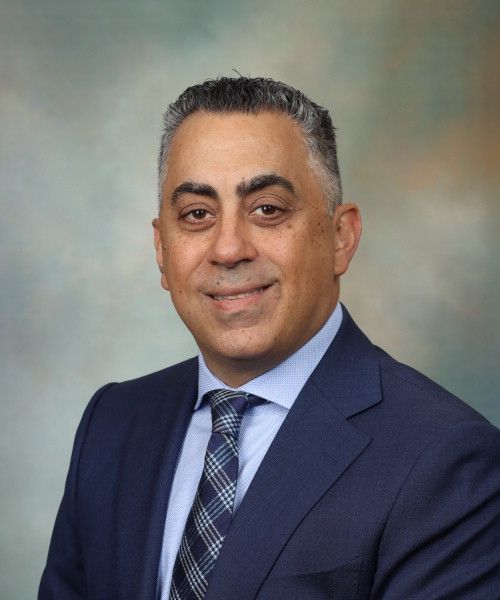
Oncology Peer Review On-The-Go: Tanios Bekaii-Saab, MD, and Colleagues Discuss GOZILA Platform for CRC

Tanios Bekaii-Saab, MD, details the GOZILA platform for colorectal cancer with experts Kristen Ciombor, MD, MSCI, and John Strickler, MD.
This week, CancerNetwork® turns to the second episode in its 3-part series focused on colorectal cancer. Tanios Bekaii-Saab, MD, medical director of the Cancer Clinical Research Office and vice chair and section chief for Medical Oncology at the Mayo Clinic in Phoenix, Arizona, led a discussion with Kristen Ciombor, MD, MSCI, associate professor of medicine at Vanderbilt-Ingram Cancer Center in Nashville, Tennessee, and John Strickler, MD, associate professor of medicine and co-leader of the Molecular Tumor Board at Duke University School of Medicine in Durham, North Carolina.
This episode’s discussion turns to the GOZILA platform and its international collaborators. The experts expand on this platform and what it means for drug development as well as genetic testing in gastrointestinal malignancies.
Tune in next week for the third and final part of this conversation on colorectal cancer. Take a listen to the first episode of this series:
- Oncology Peer Review On-The-Go: Tanios Bekaii-Saab, MD, Talks COLOMATE Platform in CRC With Experts
Don’t forget to subscribe to the “Oncology Peer Review On-The-Go” podcast on Apple Podcasts, Spotify, or anywhere podcasts are available.
Newsletter
Stay up to date on recent advances in the multidisciplinary approach to cancer.



































